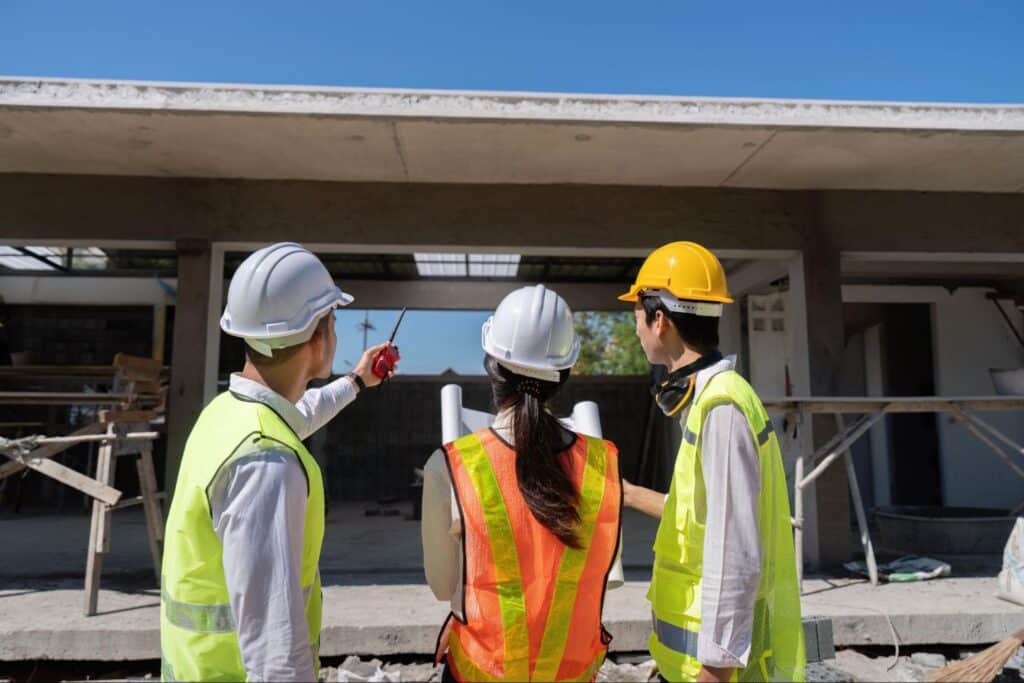The construction industry in Texas is experiencing unprecedented growth, fueled by booming infrastructure projects, urban development, and a steady demand for skilled tradespeople. To meet this demand, construction trade schools in texas are pivotal in equipping students with the practical skills and certifications necessary for launching rewarding careers in construction.
Unlike traditional academic paths, these schools emphasize hands-on training and industry-recognized certifications, offering students a direct route to employment. This article delves into how these trade schools prepare students with real-world experience and professional credentials that employers value.
Why Hands-On Training Matters in Construction Education
Construction is a skill-based industry that requires mastery of tools, materials, and safety protocols. Theory alone cannot fully prepare someone for the challenges faced on a job site.
Practical Skill Development
Construction trade schools in Texas focus on immersive, hands-on training where students actively work with tools, machinery, and construction materials. Whether it’s framing a wall, wiring an electrical circuit, or welding metal components, students learn by doing. This practical approach builds competence and confidence, reducing the learning curve when entering the workforce.
Emphasis on Safety
Safety is a cornerstone of construction training. Students are taught to comply with OSHA regulations and safe work practices early and often. Trade schools simulate real job site conditions to reinforce proper safety habits, reducing workplace accidents and ensuring students are job-ready.
Industry-Recognized Certification: A Key to Career Success
Obtaining relevant certifications is crucial in the construction industry. Certifications demonstrate a professional’s skills and commitment to quality and safety.
National Center for Construction Education and Research (NCCER)
Many Texas construction trade schools prepare students to earn NCCER certifications, which are widely recognized across the U.S. These credentials validate a worker’s proficiency in specific trades such as carpentry, electrical, plumbing, or HVAC.
State and Local Licensing Preparation
Trade schools also help students prepare for state or local licensing exams required for certain trades. This preparation ensures graduates meet all regulatory standards and can legally work in their chosen field.
Comprehensive Curriculum Tailored to Texas Construction Needs
Construction trade schools in Texas design curricula to address both traditional skills and emerging industry trends.
Core Trade Skills
Fundamental construction skills like blueprint reading, material estimation, and tool operation form the backbone of training programs. Mastery of these areas ensures students can perform essential tasks on any construction site.
Technology Integration
Modern construction increasingly relies on technology such as CAD (Computer-Aided Design), green building practices, and advanced machinery. Texas trade schools integrate these elements into their courses, keeping students competitive and versatile.
Apprenticeships and Job Placement: Bridging Education and Employment
Hands-on training is complemented by apprenticeships and job placement services offered by many trade schools.
Apprenticeship Programs
Students gain invaluable experience working alongside seasoned professionals on active construction sites. Apprenticeships allow students to apply classroom knowledge in real-world settings and build professional networks.
Career Services
Trade schools often provide resume workshops, interview coaching, and direct connections with employers. These services help graduates transition smoothly from training to full-time employment, addressing both skill and soft-skill readiness.
Flexible Learning Options to Suit Diverse Students
Recognizing the varied needs of their students, construction trade schools in Texas offer flexible schedules, including evening and weekend classes. This flexibility enables working adults or those with family commitments to pursue training without sacrificing other responsibilities.
Conclusion: Building Skilled Professionals through Hands-On Training and Certification
Construction trade schools in Texas play a vital role in preparing the workforce for a growing and evolving industry. By combining hands-on training with industry-recognized certifications, these schools ensure graduates are well-equipped to meet the practical and regulatory demands of construction careers.
For anyone looking to start or advance in a construction trade, enrolling in a Texas trade school offers a pathway to real-world skills, professional credibility, and job readiness. These institutions don’t just teach construction — they build futures.
